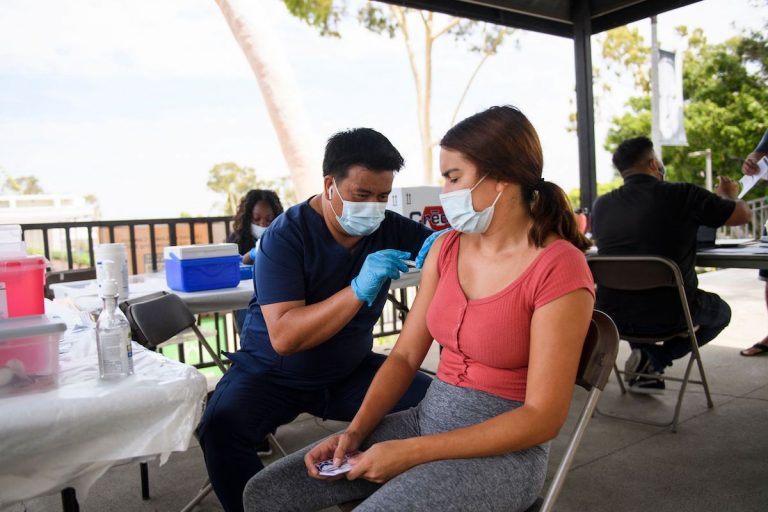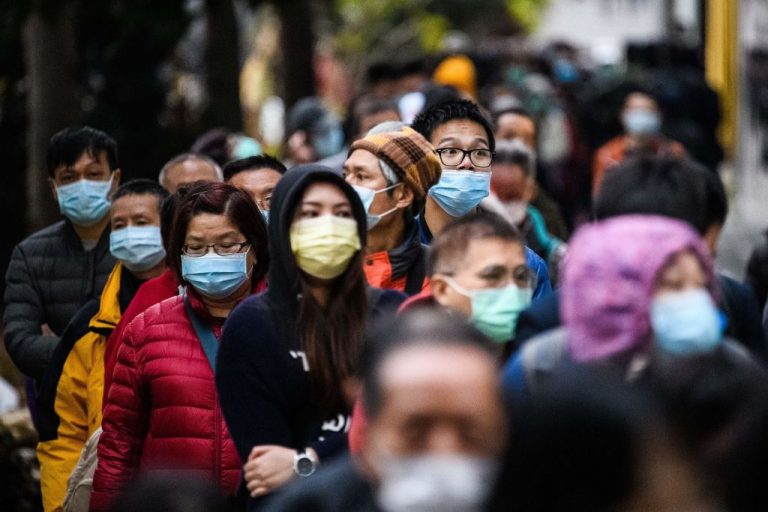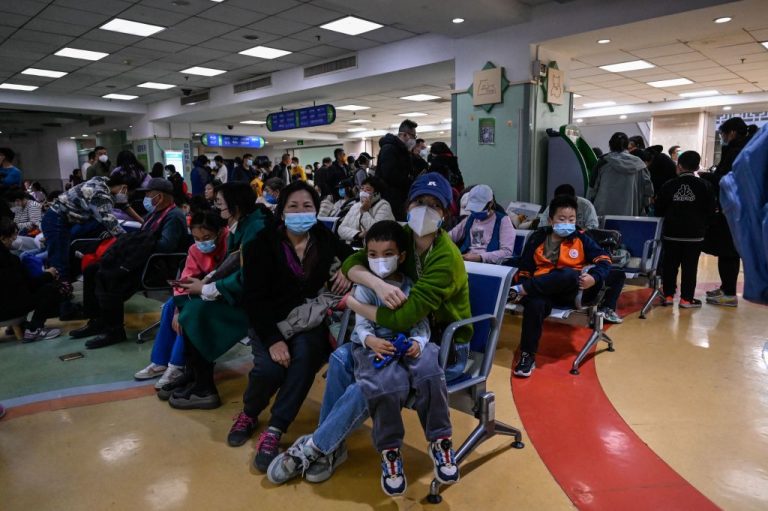A new preprint study published on Aug. 8, 2021 in medRxiv examined the effectiveness of the Pfizer-BioNTech and Moderna mRNA vaccines in the Mayo Clinic Health System spanning Arizona, Florida, Iowa, Minnesota, and Wisconsin, from January to July 2021. During this time, “either the Alpha or Delta variant was highly prevalent.”
The retrospective study included individuals older than 18 years who had never had a positive SARS-CoV-2 PCR test prior to their first vaccine dose, and had not received a mismatched series of vaccines. 119,463 individuals met the criteria for the Pfizer-BioNTech group, and 60,083 individuals met the criteria for the Moderna group.
The initial results were promising. During the study period, the Moderna and Pfizer-BioNTech vaccines were 86% and 76% effective, respectively, at preventing SARS-CoV-2 viral infection. Moderna was 91.6% effective at preventing Coronavirus Disease 2019 (COVID-19) associated hospitalization, while Pfizer-BioNTech was 85% effective.
However, the effectiveness against infection plummeted in July, with 76% efficacy for Moderna and 42% efficacy for Pfizer-BioNTech. Of note, “the Delta variant prevalence in Minnesota increased from 0.7% in May to over 70% in July whereas the Alpha variant prevalence decreased from 85% to 13% over the same time period.”
The authors also concluded that “the rates of complications experienced by patients with breakthrough infections were similar between those vaccinated with mRNA-1273 [Moderna] or BNT162b2 [Pfizer-BioNTech].”
Success
You are now signed up for our newsletter
Success
Check your email to complete sign up
Potential complications included “acute respiratory distress syndrome/acute lung injury (ARDS/ALI), acute kidney injury, anemia, cardiac arrest, cardiac arrhythmias, disseminated intravascular coagulation, heart failure, hyperglycemia, hypertension, myocardial infarction, pleural effusion, pulmonary embolism, respiratory failure, sepsis, septic shock, stroke/cerebrovascular accident, venous thromboembolism, encephalopathy/delirium, and numbness.”
The authors stated, “in our study population from Minnesota, both vaccines strongly reduce the risk of SARS-CoV-2 infection and severe COVID-19, but individuals vaccinated with mRNA-1273 [Moderna] were about half as likely to experience breakthrough infections as individuals vaccinated with BNT162b2 [Pfizer-BioNTech].”
Based on the dosing of the vaccines and assuming “similar sized constructs,” the authors posited that “each mRNA-1273 [Moderna] dose provides three times more mRNA copies of the Spike protein than BNT162b2 [Pfizer-BioNTech], which could result in more effective priming of the immune response.”
However, this would mean that the Moderna vaccine has stronger adverse effects compared to the Pfizer-BioNTech vaccine, including “myalgia and arthralgia,” or pain in the muscles and joints. The study states that the Moderna vaccine’s “increased reactogenicity is paralleled by increased immunogenicity.” In other words, the more severe reactions after Moderna vaccination parallel the increased immune response provoked by the vaccine.
Vaccine adverse events
The CDC recently published an update stating that Guillain-Barré syndrome (GBS), a neurological disease that can cause muscle weakness and paralysis, and thrombosis with thrombocytopenia syndrome (TTS), which predisposes people to blood clots and bleeding episodes, occur after Johnson & Johnson (Janssen) COVID-19 vaccination. Furthermore, myocarditis, or inflammation of the heart muscle, occurs after administration of the Pfizer-BioNTech and Moderna mRNA vaccines.
A search of the CDC and U.S. Food and Drug Administration (FDA)’s Vaccine Adverse Events Reporting System (VAERS) database via the publicly available CDC Wonder tool revealed that GBS, thrombosis, low platelets, and myocarditis have, in fact, been reported after inoculation with all three COVID-19 vaccines under Emergency Use Authorization (EUA) in the U.S.
As of Aug. 10, the VAERS database contained a total of 483 cases of GBS, 2,269 cases of low platelets, 2,440 cases of thrombosis or clots, and 3,728 cases of myocarditis or pericarditis, which is inflammation of the heart muscle or lining surrounding the heart, after J&J, Pfizer-BioNTech, or Moderna vaccination.
The CDC has yet to acknowledge the significant underreporting of adverse events to VAERS. According to a 2011 report by Harvard Pilgrim Health Care, Inc. for the U.S. Department of Health and Human Services (HHS), less than 1% of vaccine adverse events are reported to the federal government.
In addition, the side effects from vaccines can be circumvented altogether with cheap and effective early treatment for COVID-19 instead, such as with ivermectin. According to a recent meta-analysis and systematic review, in 15 trials, ivermectin “reduced the risk of death by an average of 62% (95% CI 27%–81%) compared with no Ivermectin treatment.”
Furthermore, in a trial of 738 participants, “Ivermectin prophylaxis among health care workers and COVID-19 contacts probably reduces the risk of COVID-19 infection by an average of 86% (79%–91%)… The findings indicate with moderate certainty that Ivermectin treatment in COVID-19 provides a significant survival benefit.”













